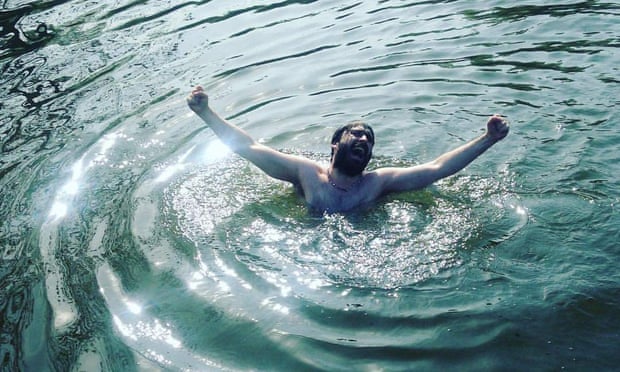Buy a moonwrap changing robe
Get changed and stay warm. The Moonwrap is a life saver when it comes to staying warm outdoors. Whether you’re wet or dry, the Moonwrap will soon warm you up. We designed the Moonwrap to withstand those muddy, wet, sandy days using durable, high quality materials.





